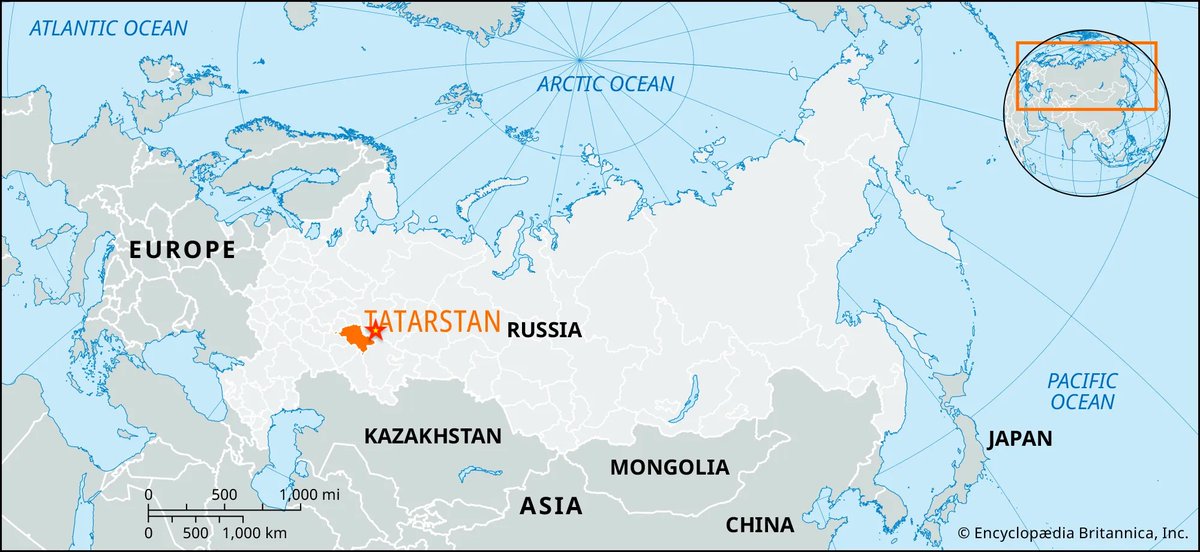There is hardly any other genre of literature more factual, and more realistic than the sci-fi. It is exactly its non-serious, seemingly abstract character that allows it to escape censorship and ostracism to a far greater degree than it is normally possible for a work of art. 

Sci-fi allows you to to present the most painful, insulting, insufferable, obnoxious, criminal and traitorous arguments in a non-serious way, as a fun, as a joke. In this regard, it is far superior to any other genre. Compare three ways to sell a heresy: 

By its very nature, sci-fi is inseparable from the social commentary. For this reason, quality sci-fi should be always read as a self-reflection and self-criticism of the society it is written in.
If the "Gulliver’s Travels" is a reflection on Britain…
If the "Gulliver’s Travels" is a reflection on Britain…

… then the "Three Body Problem" is a reflection on China.
Even more interestingly, and unexpectedly, it is a reflection on the Chinese history.
Even more interestingly, and unexpectedly, it is a reflection on the Chinese history.

• • •
Missing some Tweet in this thread? You can try to
force a refresh
















